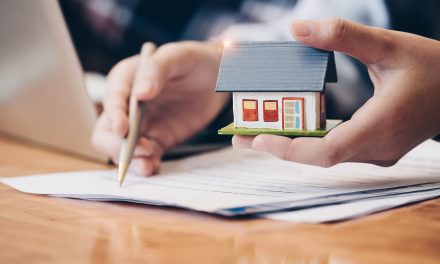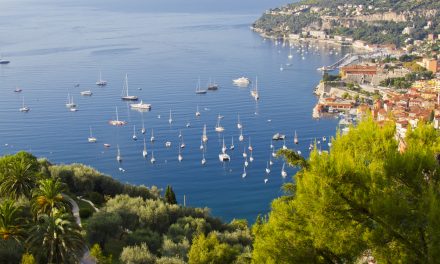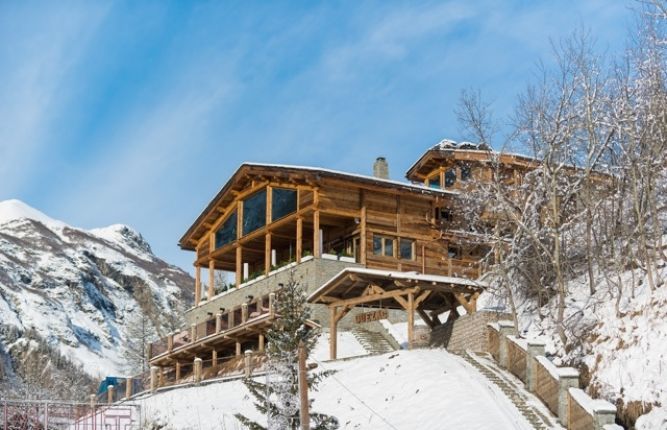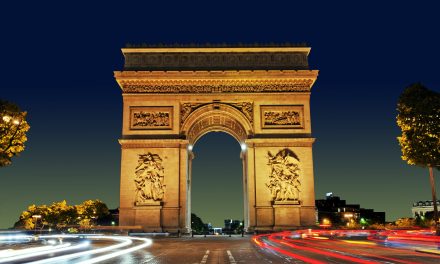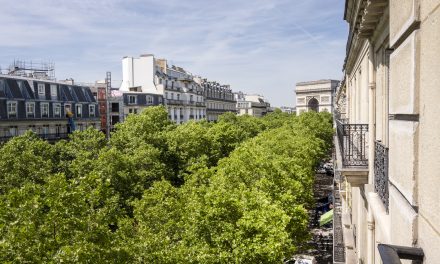
The Definitive Guide to Buying Property in France
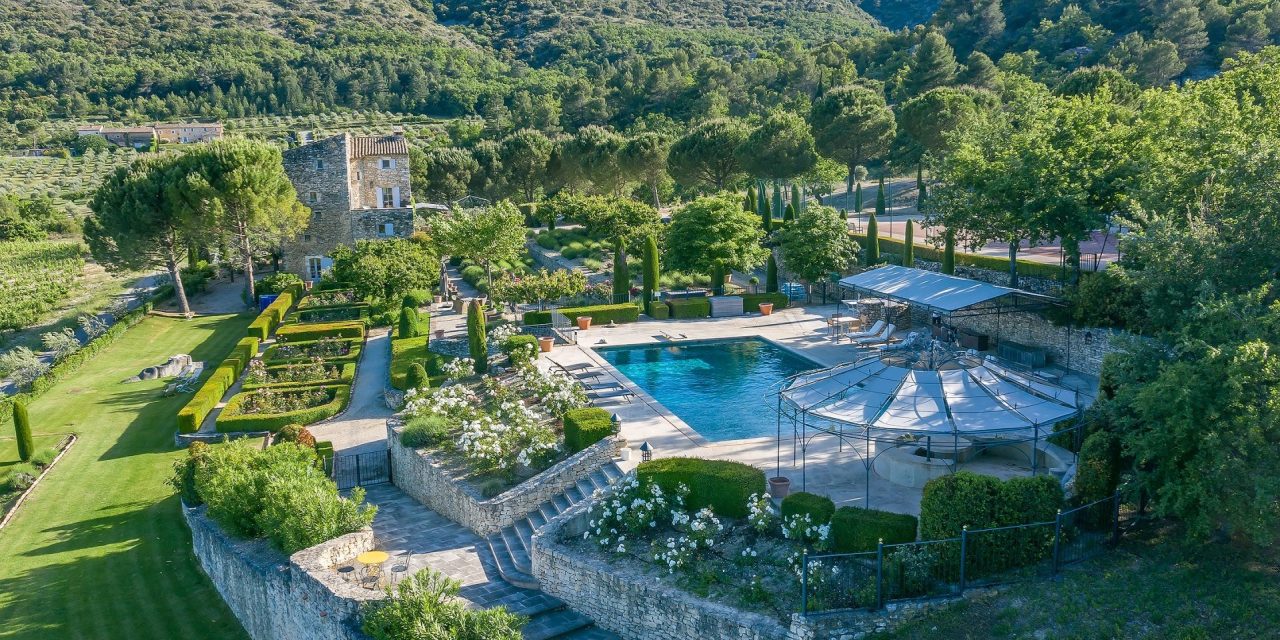
The Definitive Guide to Buying Property in France
In between finding your dream home and moving in, there’s the French buying process to navigate. A stressful time for many, the intricacies of the language and laws can be overwhelming, but don’t worry, help is at hand!
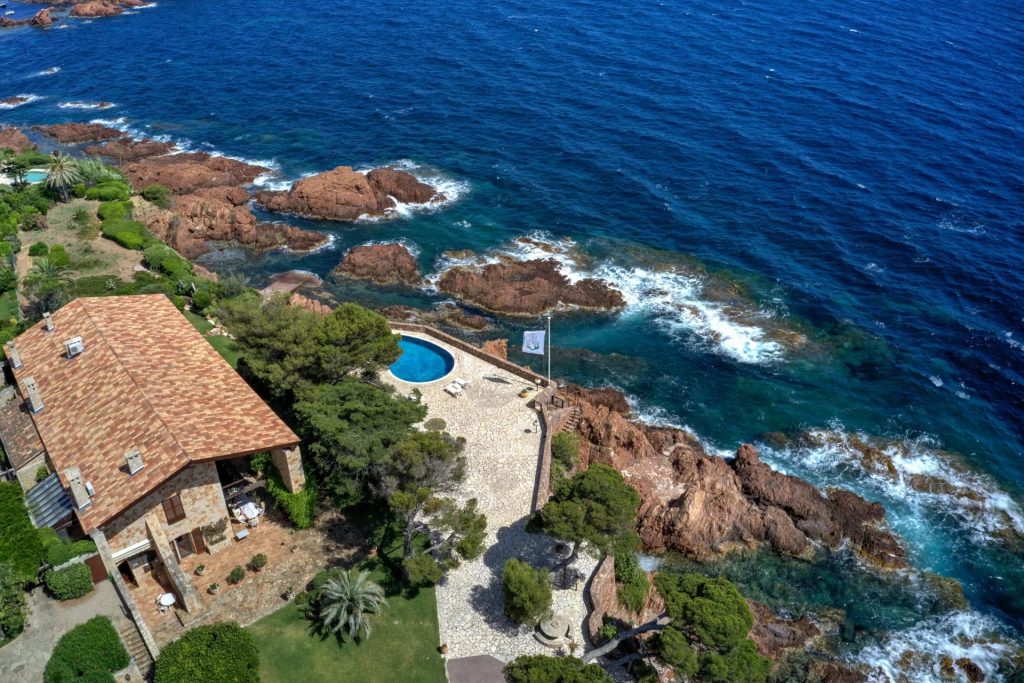
As an experienced buyer’s agent, we’ve successfully helped hundreds of clients and created this definitive buyers guide to help you prepare for the most exciting purchase of your life. Of course, we are also here to provide 24/7 guidance every step of the way.
Here is a summary of the help you can find in our guide.
Chapter 1: Finding Your Ideal Home in France
There are certain factors you need to decide on before you start looking. The first one is focusing on where you want to live. France’s landscapes are diverse — are you imagining a glitzy Med-side villa or a chic Parisian pied à terre? Are you renting it out? Do you need schools nearby? These are the types of questions you need to ask to draw up a checklist.
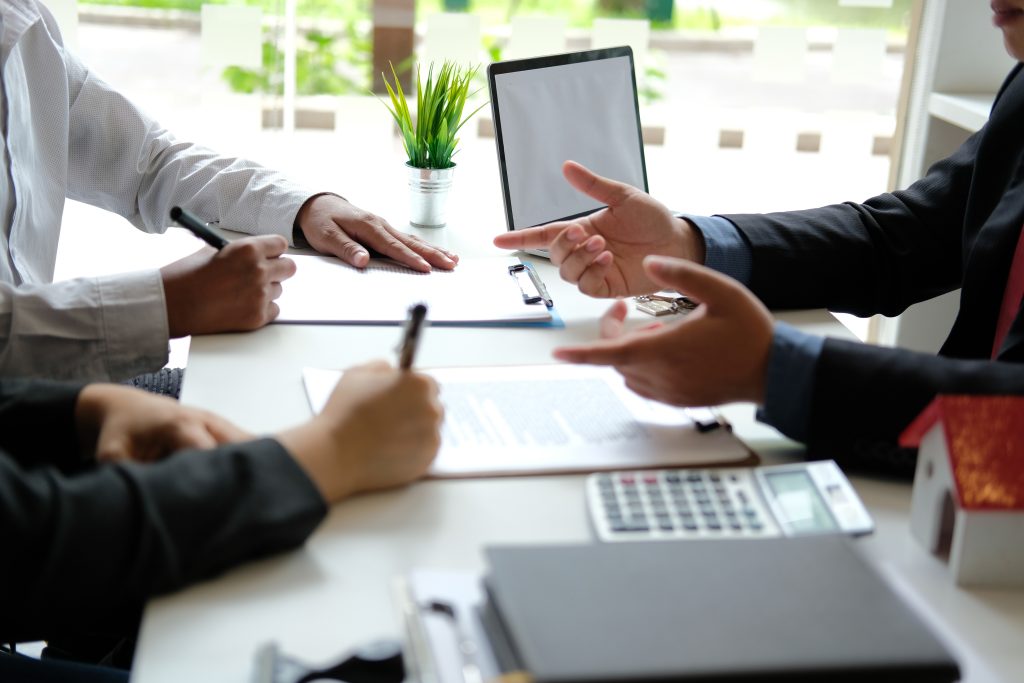
Then you’ll need to consider which features your property needs. Are you dead set on a swimming pool? Do you need stables? Should the garden be landscaped?
Once you have a list of potential properties, you need to make time for viewings — come with plenty of questions to ensure you explore all the angles. And don’t forget that a Home Hunts consultant views the property in advance so your time is never wasted.
Chapter 2: Overview of the Process when buying property in France
The process of buying property in France follows a series of steps that take around three months to complete. To secure your “coup de cœur”, you’ll need to make an offer, which is usually done in writing, and subject to signing an official, legally binding “compromis de vente”.

Next there’s a ten-day cooling-off period, where the buyer can pull out without penalties, but after this a deposit of 5-10% is paid. It then takes a further 10-12 weeks for the sale to go through, culminating in a meeting between buyer, seller and notaires along with the signing of the “acte de vente”.
Chapter 3: Initial Costs You Need to Consider
Cost planning is essential for a smooth buying process. You’ll need to consider the purchase deposit (which is held by the notaire until completion); mortgage deposit (a financial advisor can show you the best deals); notaire fees (around 7% of the mortgage); and agency fees (around 5-7% and usually built into the sale price and paid by the vendor from the proceeds).
Chapter 4: The Professionals Involved
In addition to the estate agent and buyer’s agent there are a few professionals you will work with during the buying process.
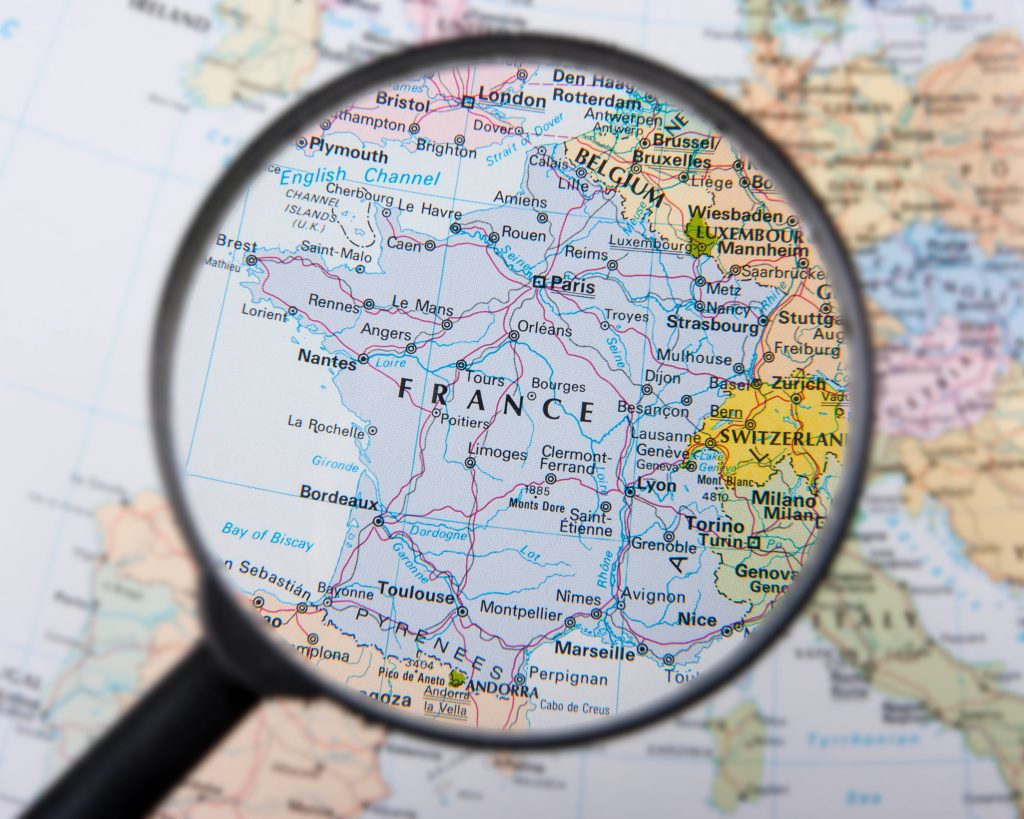
These include: the mortgage broker (who will save you time finding a suitable lender); architect and surveyors (important if you’re purchasing an older property or renovation project); tax planning specialist (to keep you on top of all the latest tax opportunities and regulations); and currency specialists (for the smartest transfers).
Chapter 5: Working Out What You Can Afford
If you need a mortgage to buy your property, you should first establish your price range and consider whether you have enough funds for the deposit and legal fees. We can help you seek professional advice about the basic lending criteria and the various mortgage products available to you.
Chapter 6: Identifying Your Ideal Property
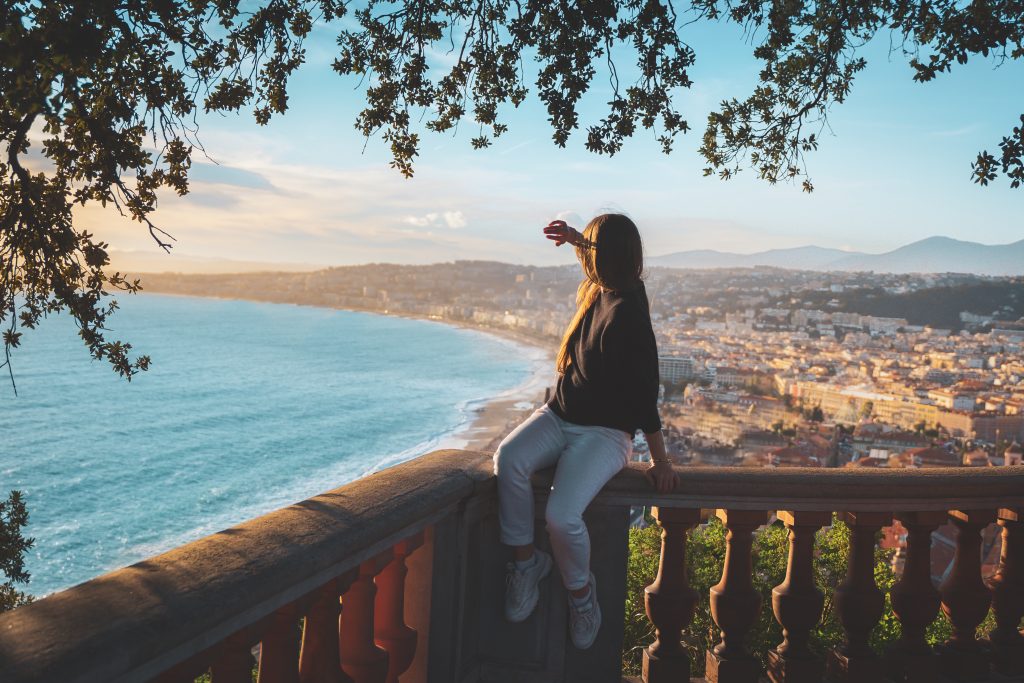
Knowing exactly what you want can save time and money in the long run. While the location is important, in terms of what you want from your home itself, it’s essential to consider: exterior and interior spaces, overall size and condition — such as if you want a new build or renovation property.
Chapter 7: Making Offers
Even after a verbal offer, a written offer, the “offre d’achat”, follows. It includes details about the property, buyer and seller, as well as information about how the purchase would be structured. This comes before the “compromis de vente”.
Chapter 8: Compromis de Vente
Sometimes called the “promesse de vente” this document is a legal contract. It’s important to go through all the details with a notaire, but pay particular attention to the property description, surface areas, price, fee breakdown, included fixtures and fittings, natural risks and mortgage details.
Chapter 9: Day of Completion
Once the mortgage offer is received and the notaire has carried out the legal aspects of the sale, completion takes place through the “acte de vente”. A few months later you’ll receive a certificate confirming title registration. The original deed is kept by the notaire, but he can make authorised copies.
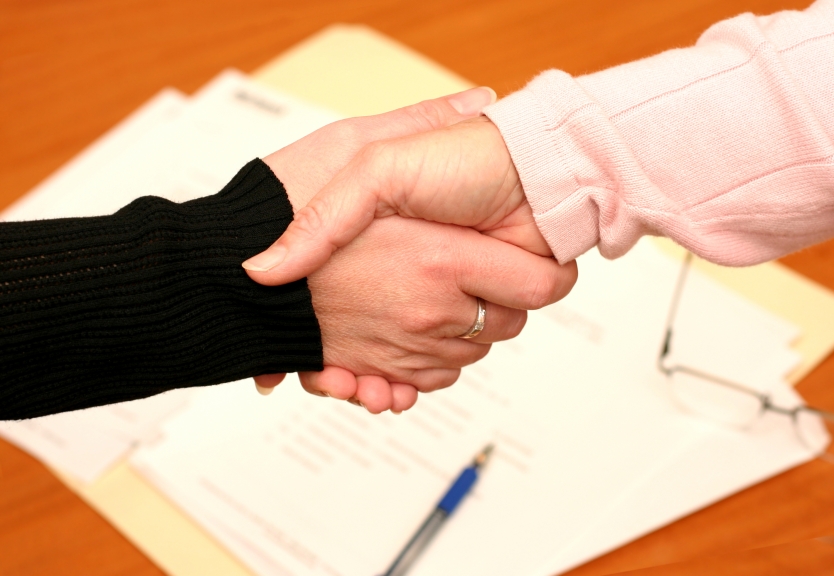
Chapter 10: Property Taxes and Insurances
Taxation is a very specialised area and you should seek advice from a regulated expert to make the process as easy as possible. There are many laws to be aware of, but among the most common are: taxe foncière (land tax); taxe d’habitation (local tax); charges de copropriété (communal charges); and wealth tax (affects those with assets over a certain amount).
We hope this overview was helpful. Click here for the full version and if you have any questions we welcome your enquiry.
Home Hunts is a buyer’s agent and we are here to help you with everything to do with buying property in France, Spain, Monaco or Switzerland.
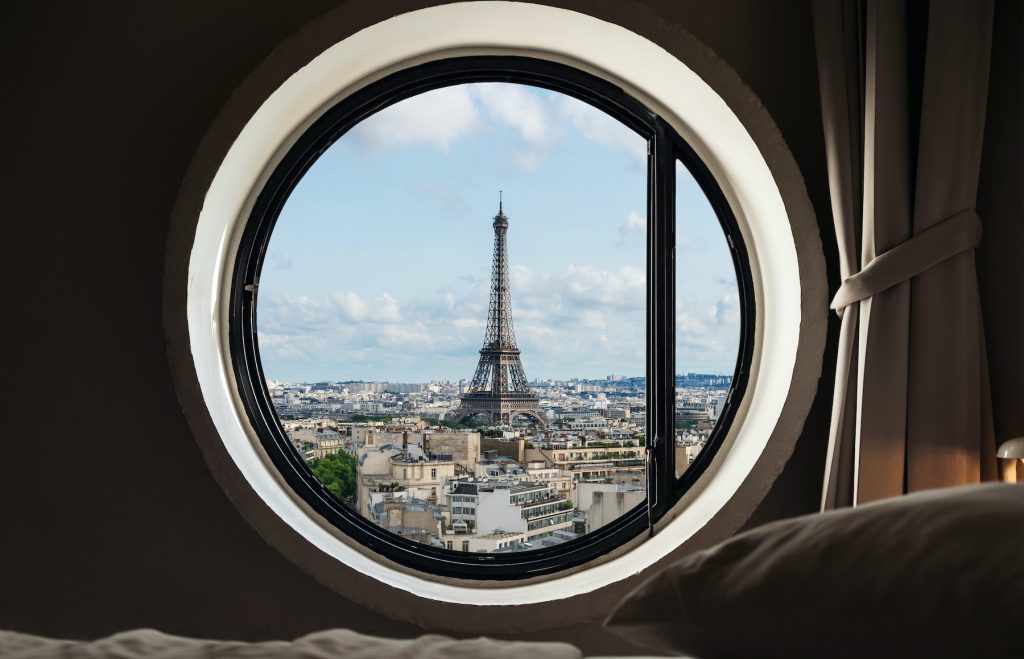
If you would like to speak to one of the team about buying property in France or elsewhere, you want to discuss your criteria or just to have a chat about the market, you can call us on +33 970 44 66 43 or send us a mail to info@home-hunts.com.
To browse through thousands of beautiful homes, visit our website at www.home-hunts.com. To keep up-to-date with our latest news read THE HUNTER at www.home-hunts.net and follow us on Facebook or Instagram.


